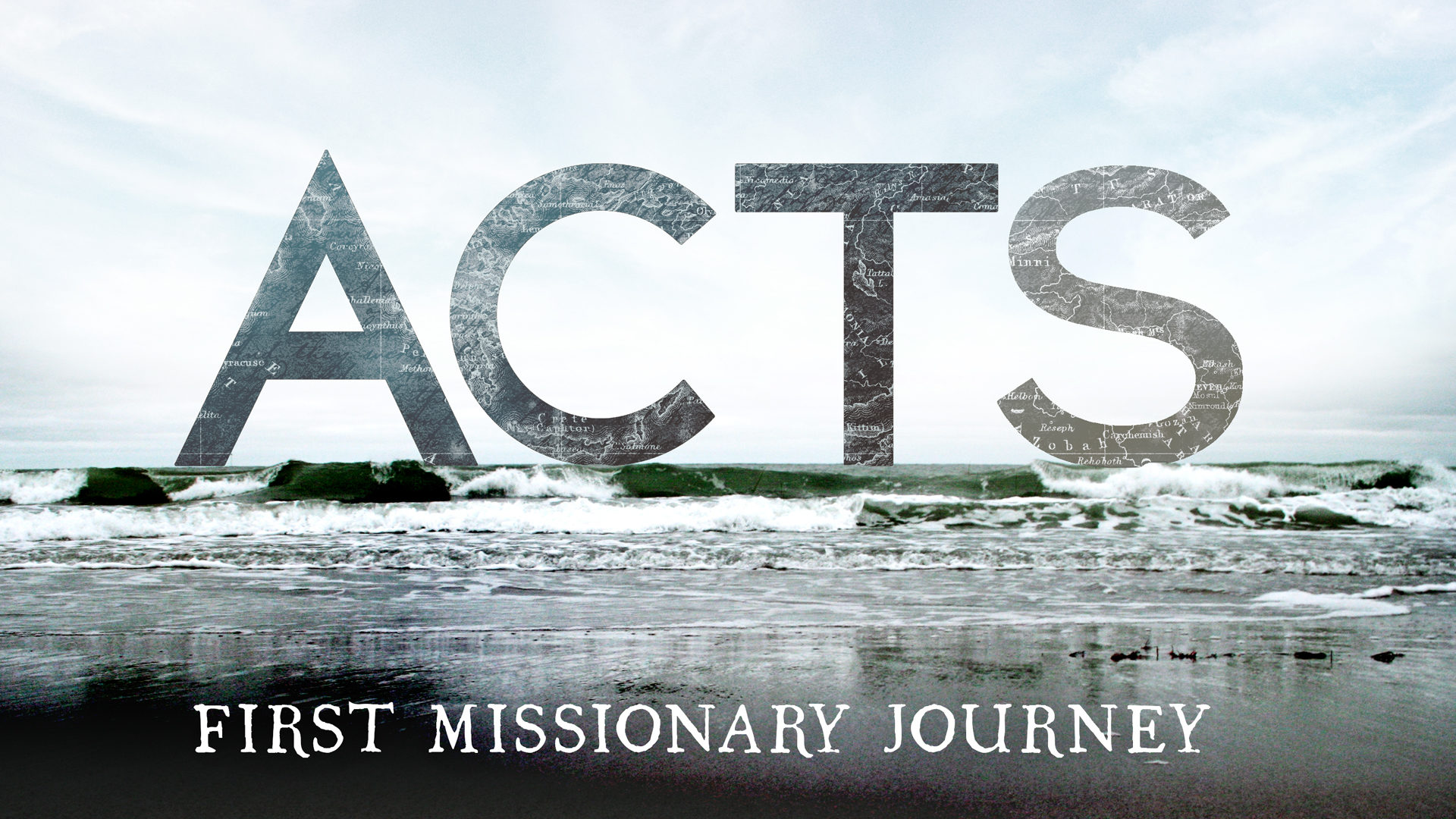Summary
Today Todd led us through Acts 13:1–12. In this passage, the church in Antioch and Paul and Barnabas demonstrate what it means to live worshipful, missional, and prophetical lives, challenging us to do the same!
Discussion Questions
- Read Acts 13:2. Todd talked about the word leitourgeo, the Greek word that is translated as “worship” and from which we get the word liturgy. While this word in Paul’s time meant to worship God by means of using personal resources for the benefit of the community, today the term liturgy has come to be associated with ritual, for better or worse. Based on these distinctions, Todd made the point that “God doesn’t want us to attend service, but to tend to the service of the King.” What does it look like for you to be a person who lives a leitourgeo life (in its original meaning)?
- Read Acts 13:2 and Psalm 63:1. The church in Antioch was fasting when the Holy Spirit said to set apart Paul and Barnabas for the work God had called them to. Todd mentioned that fasting is not a hunger strike to obligate God to our will, but rather an expression to show that we are more hungry to know His will and feed our spirit than we are to satisfy our physical (and God-given) hunger. Have you incorporated fasting as a spiritual discipline? If so, discuss one of your experiences with this with your group. If not, why not?
- In Acts 4:36, we learn that Barnabas was a Levite from Cyprus. It is reasonable to think that Paul and Barnabas’ choice of Cyprus as their first destination on their missionary travels was influenced by Barnabas’ desire to share the gospel of Jesus Christ first with his family and friends in his native land. He, as Todd put it, “desired to show grace first to those who he loved the most.” Who are those in your life who you love the most? Have you shared the hope of Christ with them? Do you think it is hard to share with those who you love? Why or why not?
- Read Acts 13:6–12. For Elymas to be both a Jew and a sorcerer was a contradiction, as sorcery was prohibited in Mosaic Law. Elymas, then, is an example of someone willing to compromise with syncretism in order to grow in personal power and influence. That is, he was willing to incorporate Jesus’ power into his life, but not to repent and call Jesus the Lord of his life. Where do you see syncretism today? What was Paul’s response to Elymas? Does this Holy Spirit filled response change your view of what it looks like to speak prophetically in today’s world in response to those who are willing to compromise the truth of the Gospel? When is it appropriate to “straight-talk” to people as Paul, the man converted on Straight Street, did? (For other passages to consider, look at both John the Baptist’s and Jesus’ response to the Pharisees in Matthew 3:7–10 and Matthew 23, respectively.)
- Sergius Paulus was the proconsul of Cyprus. As he listened to Paul and Barnabas and saw their interaction with Elymas, “he believed, for he was amazed at the teaching about the Lord” (Acts 13:12). What Sergius witnessed was the miraculous life change in Paul and Barnabas combined with the truth of the Gospel. Why are both of these necessary for the full impact of the Gospel to be communicated and witnessed? Are there any Sergius Paulus’s in your life who have recently witnessed the combination of these truths in you? If not, why not?
